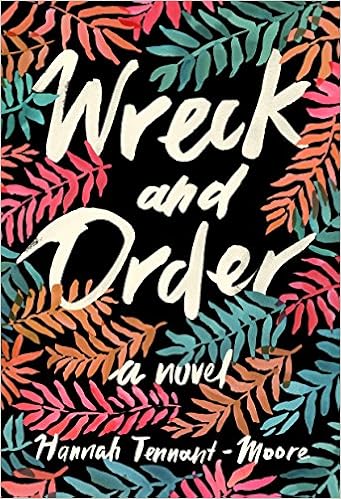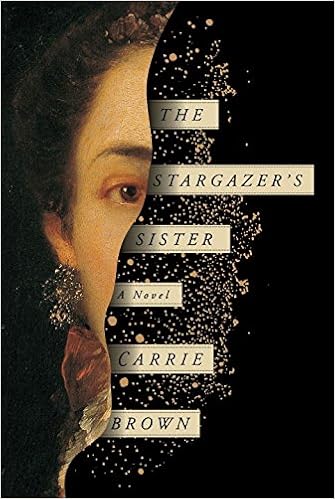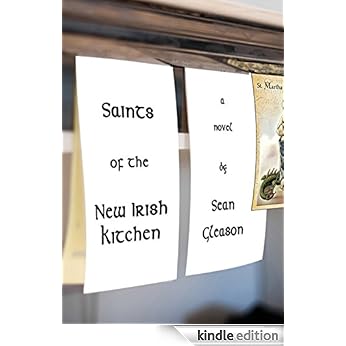 |
| Just one of Steinmetz's famous alums |
Finances being what they are these days, the Chicago Public School system that operates Steinmetz is strapped for cash and must look for ways to cut costs. There has been talk of larger classes, teacher lay-offs, and various other scare tactics meant to terrify the taxpayers into begging their representatives for an increase in the tax levy. The taxpayers realize that no one can squeeze blood from a turnip, however, and they've collectively shrugged their over-burdened shoulders.
What constitutes a removable offering at the high school level? Sports? Impossible. A school's pride and spirit rests in the exploits of its teams.
Music? Maybe. It's nice and all, but a student can get into college without ever once playing an instrument.
How about getting rid of the newspaper? If not for Hugh Hefner sending a generous grant to keep the Steinmetz Star in print, the rag would have folded long ago. That windfall is gone, and what better way to kill a story about the finagling going on with school start times that fly in the face of research showing high school students are worthless in the early hours when it comes to learning.
The budding journalists were all set to produce an investigative piece on the early start times that were being sold to the public as money saving. Some higher ups didn't like the questions being posed, feeling that they were being put on the spot by smart-ass kids who should have been more deferential to their elders who know ever so much more.
School Principal Stephen Ngo took action on behalf of bureacrats everywhere. He wielded his power and axed the article. It would not run.
And then he sent out an e-mail declaring that journalism was getting the axe as well. Not only would there be no school newspaper, but students with an interest in journalism could take that interest and choke on it. They wouldn't sit in another class to learn about reporting or investigating.
Censorship does not go down well at any level, particularly at the secondary school portion of education where college interests are formed. Just when the kiddies start to spread their little wings, no one wants to see their feathers clipped so they cannot fly.
Thus, Mr. Ngo was countermanded by CPS authorities above him, who hemmed and hawed and spluttered things about misunderstandings. No indeed, there was no plan to eliminate journalism. What Mr. Ngo meant to say was that the newspaper would become an online only publication because it costs so darn much to print it. Have to save money where we can! But we're not censoring. No, indeed, what gave you that idea?
English teacher Sharon Schmidt, the paper's advisor, claims that the school has the money to print the paper. Maybe it does. Maybe it doesn't. You wouldn't expect a teacher to have complete knowledge of budgets district-wide, let alone be aware of all the machinations going on behind the scenes to pay bills and pensions with limited funds.
But that doesn't really matter. The fact that the school principal killed an article critical of the system he serves so loyally is enough to demonstrate an attempt to censor and then silence a group of students who have also learned that a free press is critical to a free people, even when that free press is a school newspaper.












